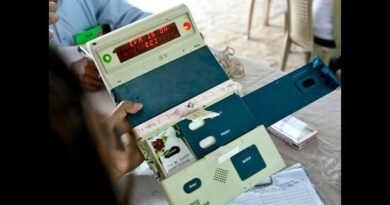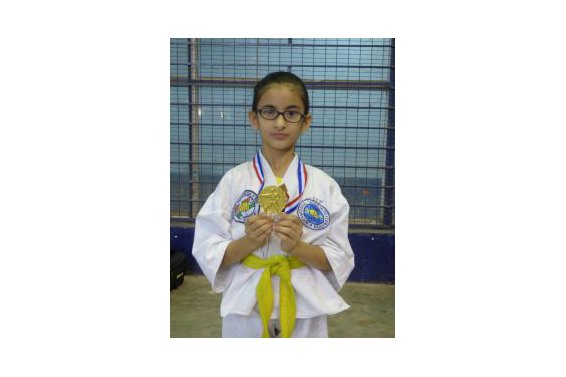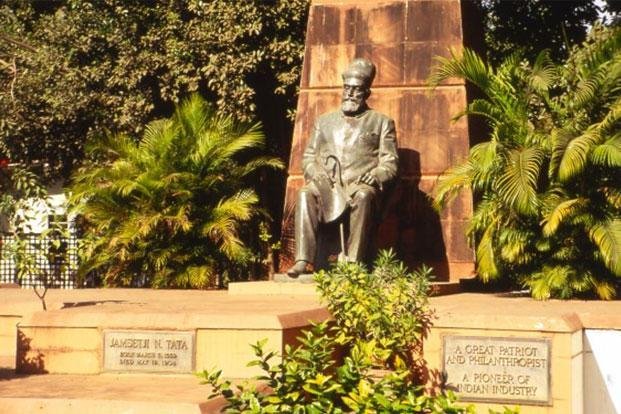The foodie traveller … on a Persian cafe revival in Mumbai
 In the busy streets of Mumbai’s posh Mahim neighbourhood, filmmaker Mansoor Showghi Yezdi has just realised a lifelong dream of opening a Persian-style cafe. Mumbai-born Yezdi has always felt indebted to India for welcoming his immigrant forefathers when they fled famine in Persia in the 1890s. He’s hoping to give a boost to the waning century-old culture of Parsi and Irani restaurants, introduced to the city by his Persian ancestors. Café Irani Chaii is the first authentic Irani cafe to open in Mumbai for 30 years.
In the busy streets of Mumbai’s posh Mahim neighbourhood, filmmaker Mansoor Showghi Yezdi has just realised a lifelong dream of opening a Persian-style cafe. Mumbai-born Yezdi has always felt indebted to India for welcoming his immigrant forefathers when they fled famine in Persia in the 1890s. He’s hoping to give a boost to the waning century-old culture of Parsi and Irani restaurants, introduced to the city by his Persian ancestors. Café Irani Chaii is the first authentic Irani cafe to open in Mumbai for 30 years.
From the early 1900s, cafes set up by Zoroastrians who had migrated from Iran to India were found on many corners of south Bombay, but over the past 20 years rising property prices and a reluctance among the younger generations to take over family businesses have seen the numbers fall drastically from over 500 to less than 30.
“People would rather sell their ancestral cafes – they’re mostly in sought-after locations – and live a luxurious life than toil 14-16 hours a day to run them,” Yezdi says.
Strangely, just as competition from western food chains in India has been hitting profits and leading owners to rethink the continuation of the ancestral business, Mumbai’s Indo-Persian food is having a moment in London, where a fourth branch of the Dishoom chain opened in Soho this week.
 At Cafe Irani Chaii long mirrors on panelled walls reflect trademark check tablecloths. Yezdi had to knock on the doors of family and friends and comb Mumbai’s flea market, Chor Bazaar, to find original Polish bentwood chairs. A grandfather clock lends an air of antiquity, and following Parsi cafe tradition, a board lists the many transgressions customers must avoid – No Combing, No Newspaper, No leg on Chair, and No Talking to the Cashier – lest you bribe him to charge you less each time!
At Cafe Irani Chaii long mirrors on panelled walls reflect trademark check tablecloths. Yezdi had to knock on the doors of family and friends and comb Mumbai’s flea market, Chor Bazaar, to find original Polish bentwood chairs. A grandfather clock lends an air of antiquity, and following Parsi cafe tradition, a board lists the many transgressions customers must avoid – No Combing, No Newspaper, No leg on Chair, and No Talking to the Cashier – lest you bribe him to charge you less each time!
On the walls are photographs of his family, including grandfather Haji Mohammed Showghi Yezdi who, along with many other Persians, walked all the way to Bombay in the 1890s from Yazd province in modern-day Iran. Like many immigrant Iranians he became a chaiwala, selling tea on the street near the Gateway of India, and sleeping on pavements at night. “Selling chai is in my blood, you see,” says Yezdi.
 The chai is brewed in a samovar (Iranian urn) and served in special glass crockery Yezdi imported from Iran. The signature tea, pani kum chai is thick and milky, with the milk reduced before it’s added to the boiling tea. The drink is sweetened with nabaat (sugar in large flavoured crystals) and the cafe also serves Iranian speciality khade chammach ki chai (a glass of tea with a spoon standing upright, held in position by a thick layer of sugar at the bottom).
The chai is brewed in a samovar (Iranian urn) and served in special glass crockery Yezdi imported from Iran. The signature tea, pani kum chai is thick and milky, with the milk reduced before it’s added to the boiling tea. The drink is sweetened with nabaat (sugar in large flavoured crystals) and the cafe also serves Iranian speciality khade chammach ki chai (a glass of tea with a spoon standing upright, held in position by a thick layer of sugar at the bottom).
 The best accompaniment is bun-maska, a soft bread bun slathered with butter for dunking in the chai. “We Iranians love to sprinkle sugar over the bun to make it sweeter,” Yezdi says. Other traditional goodies on the menu include mawa, rich, cardamom-flavoured cupcakes made with dried whole milk, which are said to have originated at Mumbai’s Parsi cafes. And khari are savoury puff pastries that melt in the mouth if eaten warm. Eggs are a staple at Iranian cafes, served as akuri (scrambled with spices), cooked with mutton or simply in omelettes. Non-tea drinkers can order a pallonji’s, a fizzy raspberry flavoured drink.
The best accompaniment is bun-maska, a soft bread bun slathered with butter for dunking in the chai. “We Iranians love to sprinkle sugar over the bun to make it sweeter,” Yezdi says. Other traditional goodies on the menu include mawa, rich, cardamom-flavoured cupcakes made with dried whole milk, which are said to have originated at Mumbai’s Parsi cafes. And khari are savoury puff pastries that melt in the mouth if eaten warm. Eggs are a staple at Iranian cafes, served as akuri (scrambled with spices), cooked with mutton or simply in omelettes. Non-tea drinkers can order a pallonji’s, a fizzy raspberry flavoured drink.
A cup of chai costs just 20 rupees (20p) a bun-maska 25p. Anyone in uniform – police, military or school – gets a 10% discount and so do cyclists, “because they care for the environment”.
Yezdi presides over the convivial atmosphere as waiter, cashier and entertainer rolled into one. He also has plans to dress up like his grandfather every Sunday and tell stories about how his ancestors are at the root of one of Mumbai’s most enduring immigrant cultures.
Published on The Guardian





